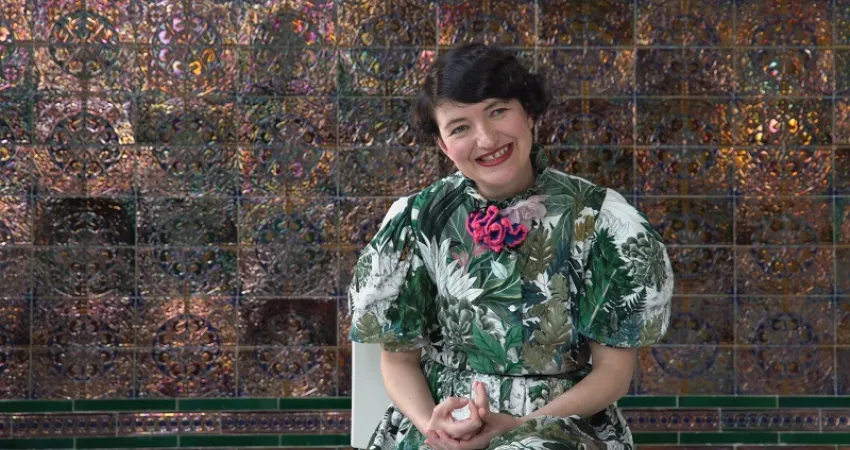City Ideas. Izaskun Chinchilla
City Ideas (Ideas de Ciudad) is a laboratory for research, dissemination and debate on the spatial and social transformations of the contemporary city. The aim is to create a city laboratory, an open research platform geared towards exploring the future of cities as spaces for culture and the generation of new social, technological and innovation paradigms.
The fifth conference of the cycle is that of Izaskun Chinchilla. The architect invites us to consider and reconsider our architectural and urban planning models, prioritising not so much the technical, formal and abstract knowledge of the professionals involved, but rather the public and civic dimension of their activity. She opens up a whole field of alternatives that can provide an inclusive vision of the economy, the environment and the health of a diverse citizenry.
Izaskun Chinchilla Moreno, a Doctor of Architecture and Professor of Architectural Practice at the Bartlett School of Architecture (University College of London). She has been recognised by the RIBA as an International Honorary Fellow. She has been at the helm of her own firm, Izaskun Chinchilla Architects, since 2001, and is one of the few women in Spain to run their own studio.
More than 200 national and international architecture magazines and publications have commented on her work. Her proposals have received over 30 international awards. She has participated as a lecturer or as a curator in more than 150 specialised forums in national and international universities and institutions all over the world.
As an architect, she believes that her profession should be firmly committed to innovation. In her projects she proposes multidisciplinary exercises in which, through ecology, sociology or science, architecture distances itself from stylistic discourse and reconnects with the complexity of life in the contemporary world.
“We have a problem: our administrative bodies do not fully understand what love between parents and their children is all about, what its rules are; in fact, our administrative bodies do not consider that one of their duties is to understand the nature of love”.


